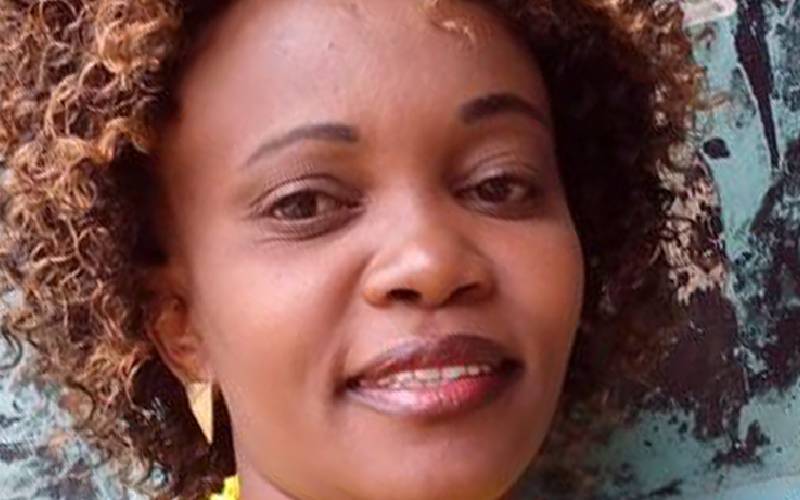×
The Standard e-Paper
Kenya’s Boldest Voice

In the end, the autopsy showed Caroline Mwatha (pictured), the human rights defender from Dandora, died from complications during a botched abortion. Police had already publicly made this claim when they announced the discovery of her body, at the City Mortuary, after Mwatha had been missing for a number of days. Police, frequently inept or indifferent, now come up for rare commendation for the competent manner in which they carried out investigations into the disappearance of Mwatha.